How an Independent Midwestern Publisher Not Only Survives, But Thrives
Doug Seibold, the founder of Evanston-based Agate Publishing, is doing his part to foster publishing careers in America’s heartland.


Book publishing is a New York–centric business, to a fault. All of the major US publishers are based there, as are many literary agents. You’ll find prestigious publications, nonprofits, and organizations for writers in NYC—such as The Authors Guild, Poets & Writers, The Center for Fiction, the Council for Literary Magazines and Small Presses, the National Book Award—need I go on?
For those who work in publishing but outside of this nexus, it’s exciting to find someone else who has decided to take up the challenging task of running a stand-alone, traditional publishing company somewhere else—without grants, university support, or venture capital.
When I visited Chicago this past June, I had the opportunity to meet Doug Seibold, the founder of Agate Publishing, established in 2002. Based in Evanston, Illinois, Agate publishes nonfiction across a range of categories, including Black literature, business, food and wine, and regional titles of interest to the Midwest.
Recently, Agate launched a publishing academy for people to learn the business at an affordable price, which caught my attention. After our in-person meeting, I sent Doug the following questions that he graciously agreed to answer.
Jane Friedman: As someone from the Midwest who started her publishing career in the Midwest, I feel like I can say: a well-established and stable publisher like Agate is not as common as I would like. The Midwestern publisher where I started out went bankrupt in 2019, and I’ve seen comparable companies close or get bought up by bigger houses. How or why does Agate survive?
Doug Seibold: Thanks for these kind words—Agate celebrated its 20th anniversary in 2022, and even for someone who white-knuckled it through our first three to four years, and has the very focused approach to business that sort of legacy endows, I too must acknowledge that we’ve become well-established and stable, even if it doesn’t feel that way every day.
First off—I doubt, at this point, I will ever sell, though this is always a never-say-never kind of proposition. One reason Agate has such a diverse range of imprints is because I used to imagine that one day I might want to sell one or more of these, and their relative disparity would make them more easily detachable. But I’ve since learned we’re probably too small for any part of Agate to interest someone in a meaningful way.
A few years ago, one Big Five house was kind of all over us. Their children’s arm became interested in Agate’s Bolden imprint, which had just produced a huge, award-winning book called Crown: An Ode to the Fresh Cut. And yet another imprint was interested in acquiring the backlist work of two authors who’d launched their award-winning careers at Agate Bolden.
It was a little overwhelming, and the negotiations were a little choppy. At one point, I said: Why not just take the Bolden imprint, if so many parts of your house are interested in Agate? After a few days, though, one of the head honchoes very nicely led me to understand that the whole imprint was too small potatoes for her, and her interest was limited solely to those particular backlist authors. It was instructive.
I’ve also learned we’re probably too oddly constructed, with too many unrelated parts, to interest anyone in buying the whole thing. The company grew around less my particular interests than my particular areas of expertise from earlier in my career—I started Agate at age 40. So I doubt anyone else will ever have that same idiosyncratic mix of capabilities and interests to want the whole thing.
At the same time, this odd construction has definitely been one of our key strengths. Diversifying can be dangerous for small presses, but in Agate’s case, it allowed me to pursue very different kinds of publishing in ways that ultimately strengthened the company by giving us a broader business portfolio. Sometimes certain kinds of books are up. Our two bestselling books ever were from otherwise modest parts of our program. So that’s played a big role in both our longevity and our stability. It’s also had the happy benefit of me continuing to feel fresh and challenged as the decades go by. I love what I do and I’m thankful every day I get to do it. I like to think my zeal for books, and for business, helps me do it better.
Do you consider your location important to what you publish and how you operate?
Yes and no. We have an imprint, Midway Books, devoted to Midwestern topics and authors, of the kind perennially overlooked on the coasts. There is opportunity there for a company our size. And I like to think that bull-headedly staying in Chicago, rather than pursuing a publishing career in New York, which happens to be where I grew up, helped me avoid the herd mentality that afflicts conglomerate publishing, and see my way to opportunities off the beaten path.
But being here also entails perpetual challenges with getting media attention. Chicago doesn’t understand itself as a publishing city in the same way it does as an architecture city and a theater city; the local print media pretty much ignores the local publishing scene, though it gives plenty of attention to local authors. And the national media finds Chicago publishers—or Agate, at least—easier to overlook than the excellent communities of publishers in smaller places like Minneapolis/St. Paul, the San Francisco Bay Area, and Boston.
While still in college, I landed a paid internship at the publishing company I ultimately spent 12 years at. I’m not sure I’d be conducting this interview with you today if that publishing house didn’t offer that internship program. In my opinion, it was one of the most important programs they ran. When did Agate’s internship program start and why do you do it?
We hosted our first intern in 2003 as a favor to one of our authors, whose friend had a son who’d just finished his English literature bachelor’s degree. Over the next seven years or so, while I was still working out of my basement, a steady supply of interns found their way to us, many from local schools like Northwestern. There were also many who’d gone away for school but wanted to return home to Chicago, and sought us out.
I developed a modest training program to help them be more productive at Agate, and also to help them pursue full-time jobs in any aspect of publishing. I saw it as an important part of what we had to offer them, though our internship was always focused at least as much on the benefits to interns as the benefits to Agate.
Beginning in 2010, when Agate had a major growth spurt, our program became more structured, and we also started hiring a bunch of our ex-interns. Over the years, we’ve had a notably diverse group of 130 interns, and ultimately we ourselves hired almost 40 of them at one point or another. I think right now about half our 20-person staff is made up of former interns from over the years, and many have since gone on to work for other publishers or start their own publishing-related businesses. This has been crucial to our growth. Because the publishing community here is so small, developing my own potential staff through this in-house program became an unexpected positive result of perpetuating it.
Along the way, the training got even more robust and detailed, and I began to find more personal reward in helping to elaborate the internship program and support our ex-interns’ careers. I didn’t have anything like that kind of support when I started out—I mostly learned from cautionary lessons. I have only gotten more interested in helping young people learn about this industry and how to flourish in it—which has led me to start Agate Publishing Academy, a new career development and training program for people interested in the field. In particular, we hope to better serve the kinds of aspirants who don’t historically find a lot of opportunity with the conglomerate presses—and who find costly master’s programs just another kind of obstacle.
When people without any background in book publishing come to me and say, “I want to start a publishing company from scratch, do you have advice for me?” my main reaction is: Don’t. Or: Are you sure you really want to do that? Are you trying to lose your savings quickly? What is your response?
I think we need more publishing companies, and more of them need to be started and run by people who aren’t old white guys like me. I’ve mentored a lot of publishers informally over the years, probably about fifteen, and I’ve recently started doing this more formally with a few younger colleagues.
Is starting your own press hard? Yes. Are the odds against anyone who tries to do it? Yes, just like with any other startup. But I hope I’ve learned a few things about how to make this easier for other people than it was for me, and my hope is to formalize some of this further with a startup incubator/training program that I’m going to offer through Agate Publishing Academy. This entrepreneurship course should launch in early 2025, and my aim is to give participants everything they need to get up and running as simply and quickly as possible.
I will say that one of the big issues for many people interested in doing this is lack of basic business know-how. I was a writer and editor before I started Agate and had to take an auto-didact approach to the business side. The fact that I failed repeatedly to launch Agate over a seven-year period gave me a lot of time to learn about business. But over the years—as with my training and career development work—I’ve gotten at least as interested in what helps a company become sustainable as I am in the writers we publish.
To go back to your first question—there are a lot of specific aspects to my background that ultimately benefited me when it came to running Agate. I worked in a bookstore for three years to pay my way through college, and that experience helped me understand that side of the industry. Later, while holding a day job, I helped edit small literary magazines, and also reviewed books for the Chicago Tribune, Washington Post, and other outlets. Those experiences helped me hone my judgment and acquaint myself with long hours of hard work, which (the hard work part) had eluded me to that point in my life.
I worked three years for a small press that failed; I spent a lot of time coming up with ideas about how it might perform better, trying to save my livelihood. And also, after leaving for college at 17, I was broke and deeply in debt with college loans for the next 15 years, which forced me to become very disciplined about spending money. I was very committed to making Agate work, but I was also very realistic about what that would require of me.
Some of the modules at the Agate Publishing Academy cost $100 each—a huge bargain. Publishing Basics is $1,000. Who is your primary target audience for this?
My aim is for Agate Publishing Academy to become a more focused, more affordable, and more accessible alternative to existing options for people interested in publishing. My primary target audience—for our entry-level “Publishing Basics” offering in particular—is people interested in learning more about this weirdly opaque yet utterly essential field, who don’t have the means or background to follow traditional paths in.
There are few obvious on-ramps to publishing careers. Everyone knows publishing has a diversity problem, but too many people seem flummoxed about how to address it. I hope the academy can help a wider variety of people find that first job, and then also maybe that next job, in terms of building their skills and advancing their career prospects. I am unsure higher education is interested in taking such a practical, career-oriented approach to this kind of learning—which is why I see an opportunity for independent presses like Agate to meet this challenge, and figure out a sustainable way forward. Independent publishing, unlike conglomerate publishing, is distributed across the country. I’m developing a network of small presses and publishing-adjacent companies to, I hope, support this work.
Beyond that, I think it can be of value to anyone trying to learn more about publishing—such as new and aspiring writers, who too often feel like publishing is designed specifically to repel them, rather than create opportunity for them. I feel that the more people understand how publishing works, the better it can be for writers, publishers, and readers alike.



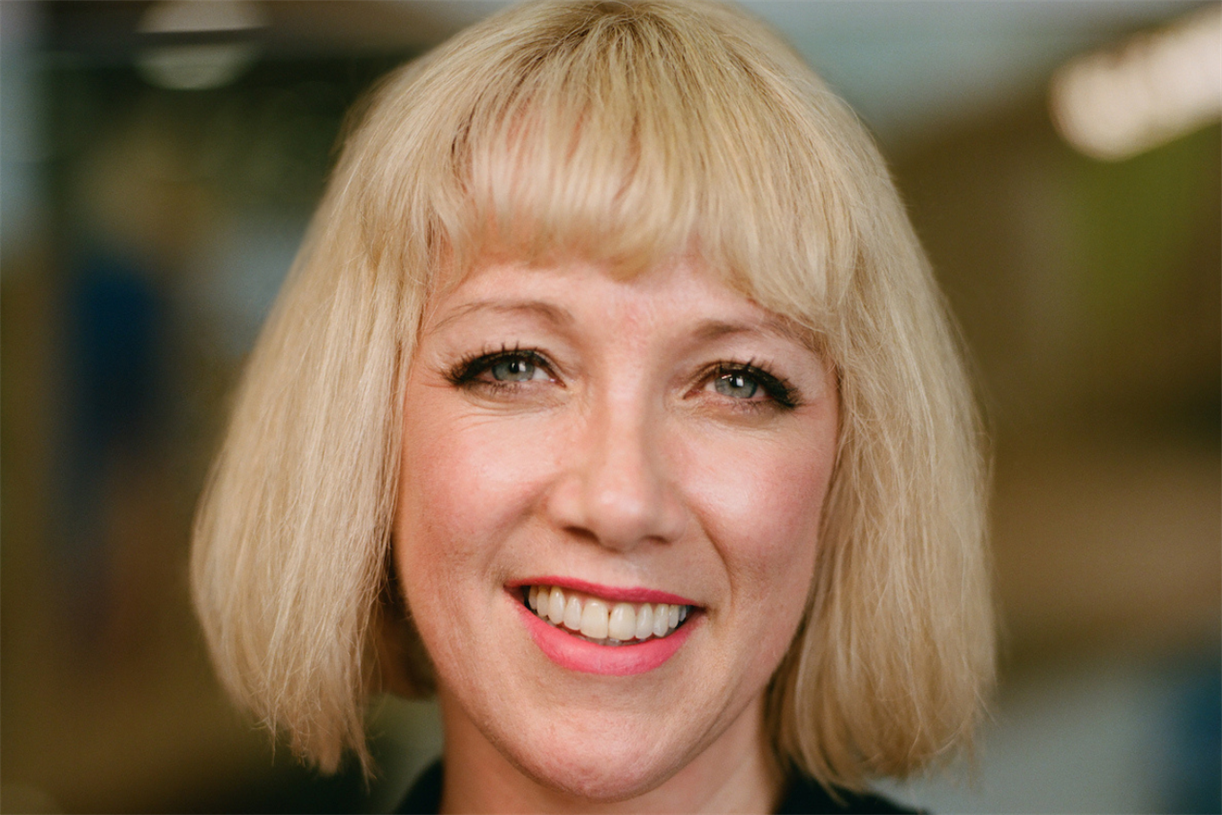








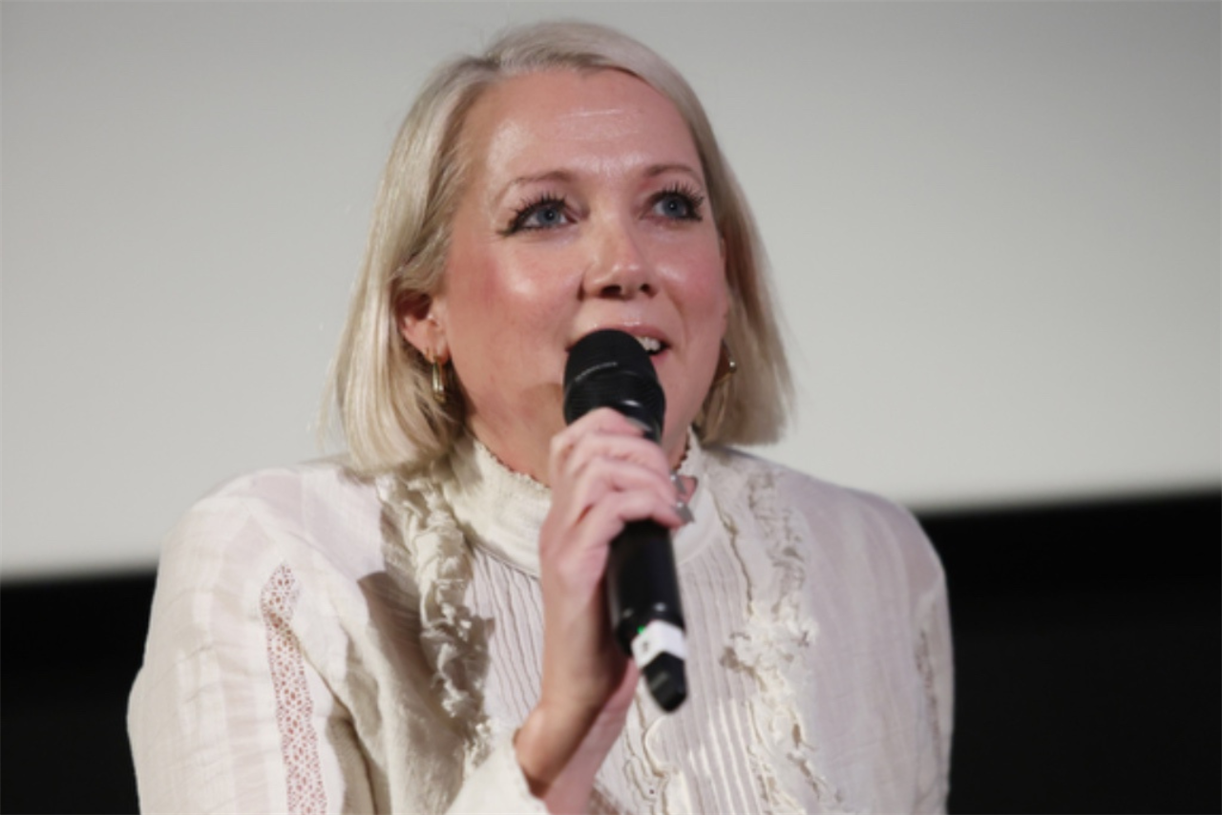
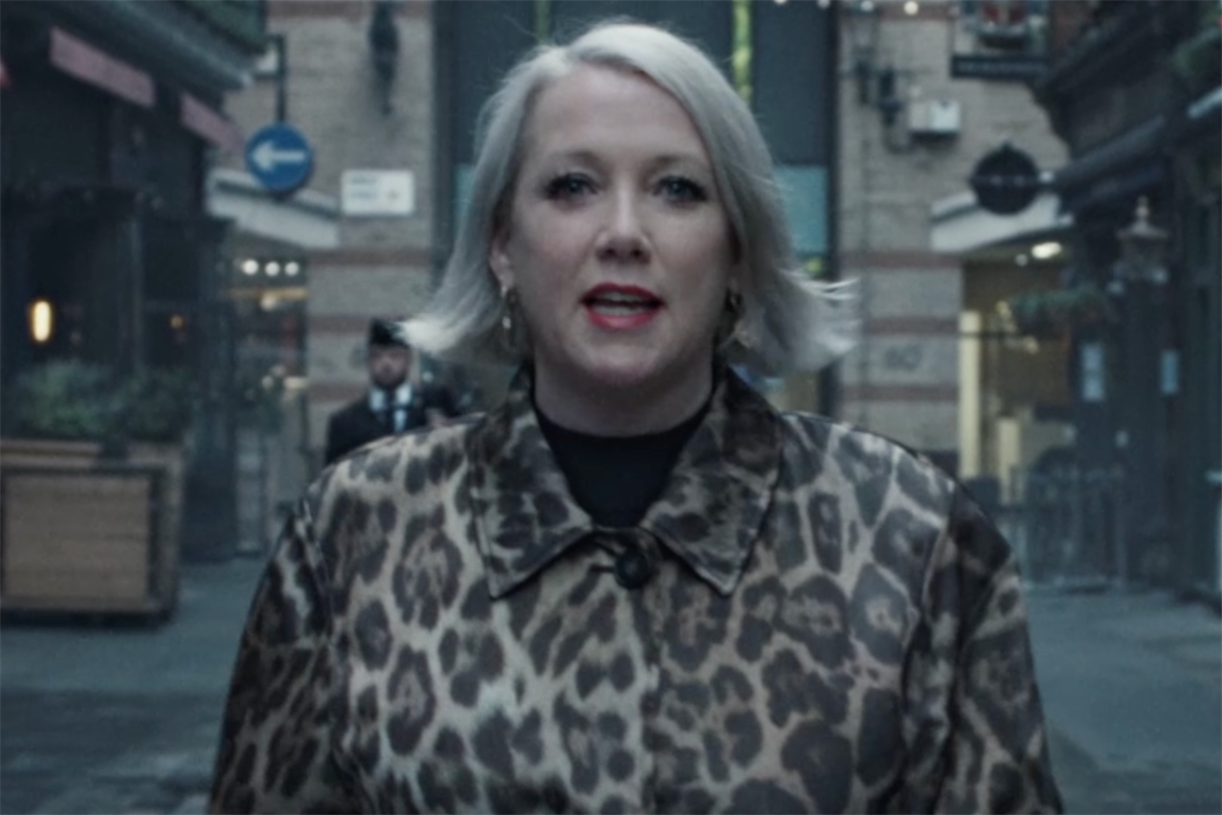
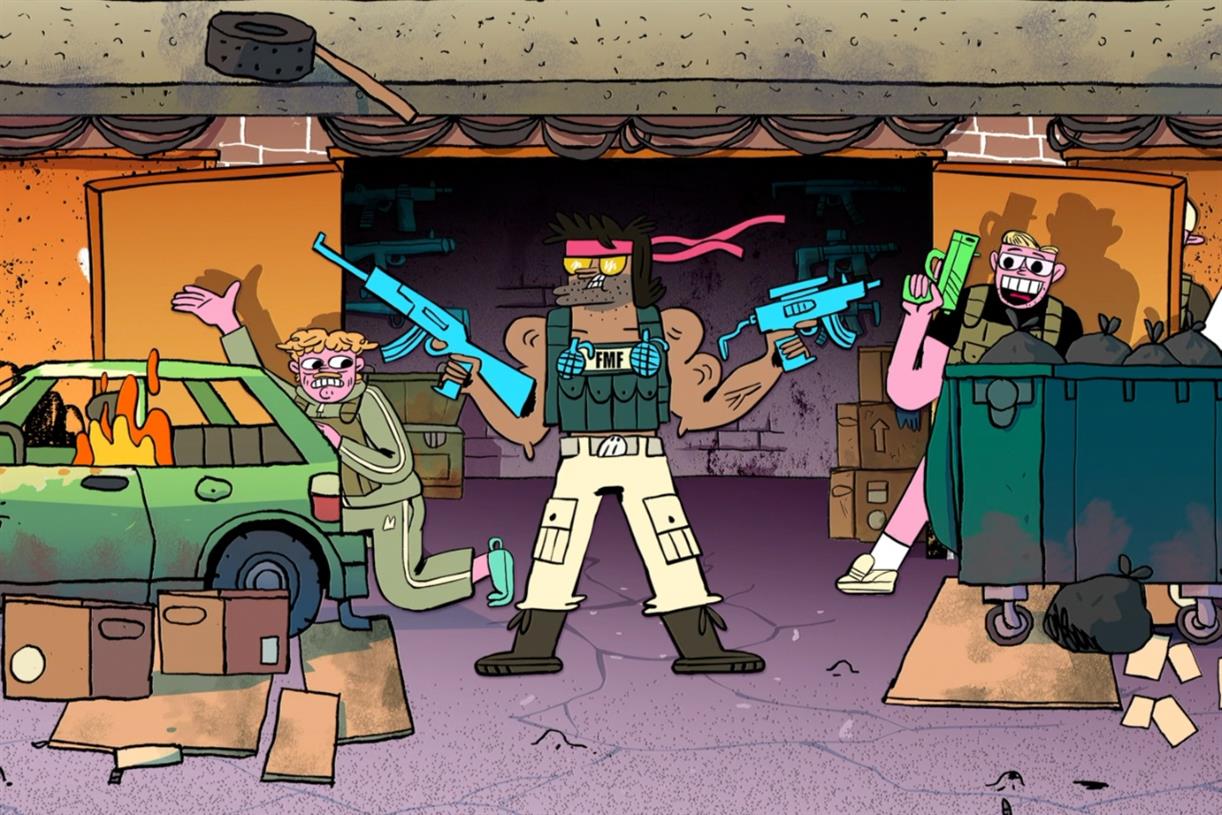
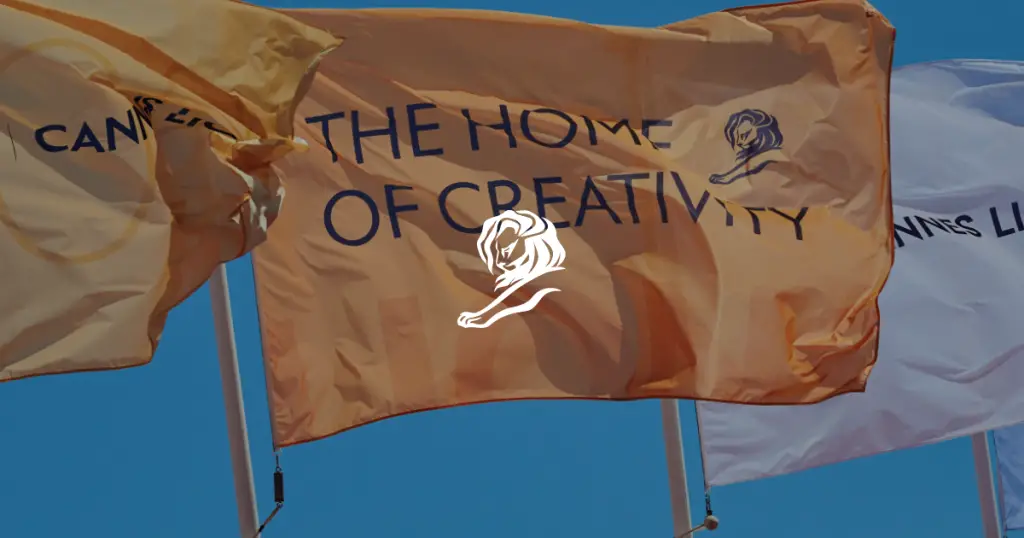


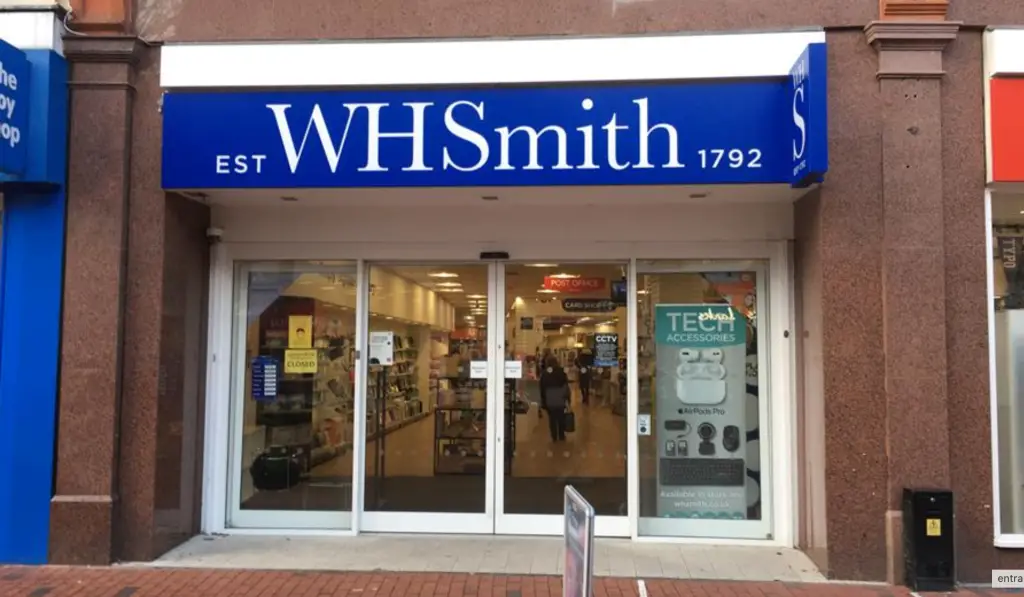

![Win Higher-Quality Links: The PR Approach To SEO Success [Webinar] via @sejournal, @lorenbaker](https://www.searchenginejournal.com/wp-content/uploads/2025/03/featured-1-716.png)



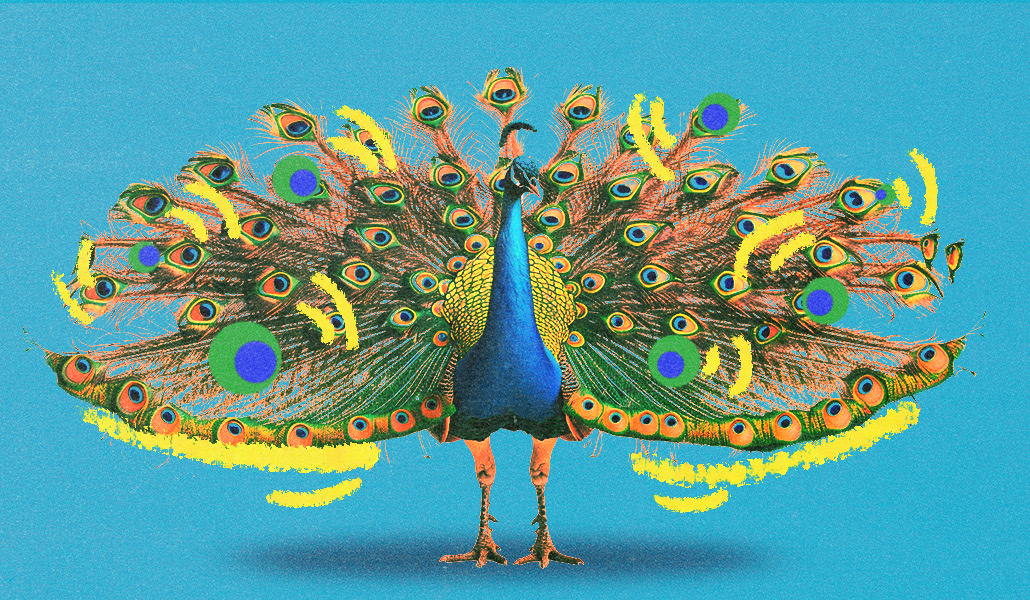










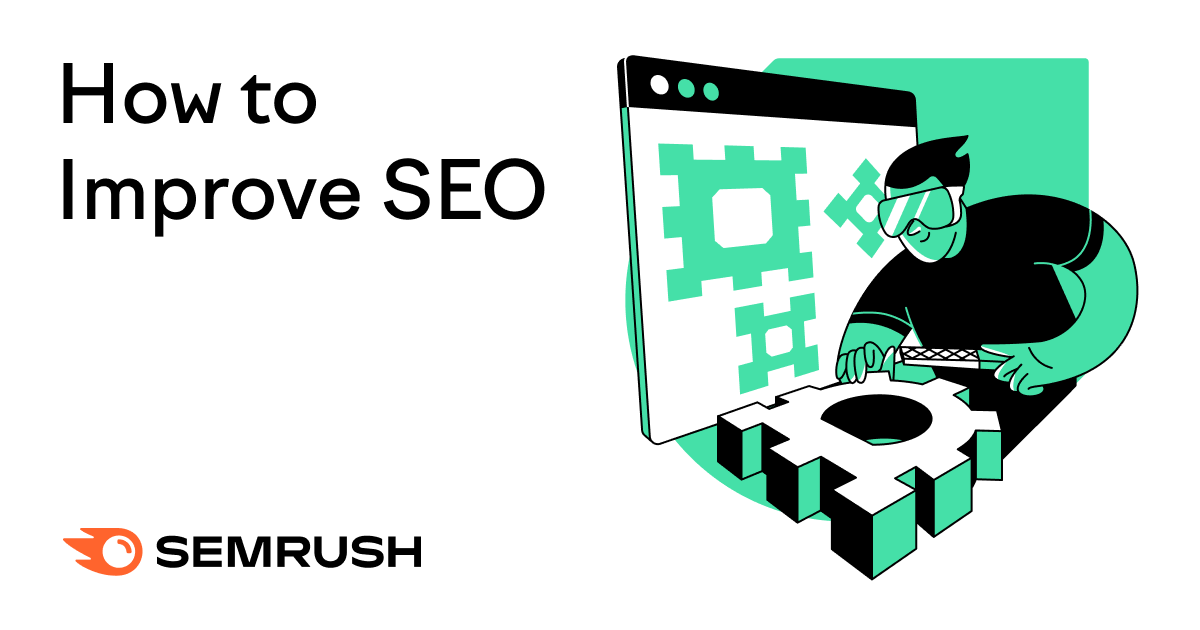












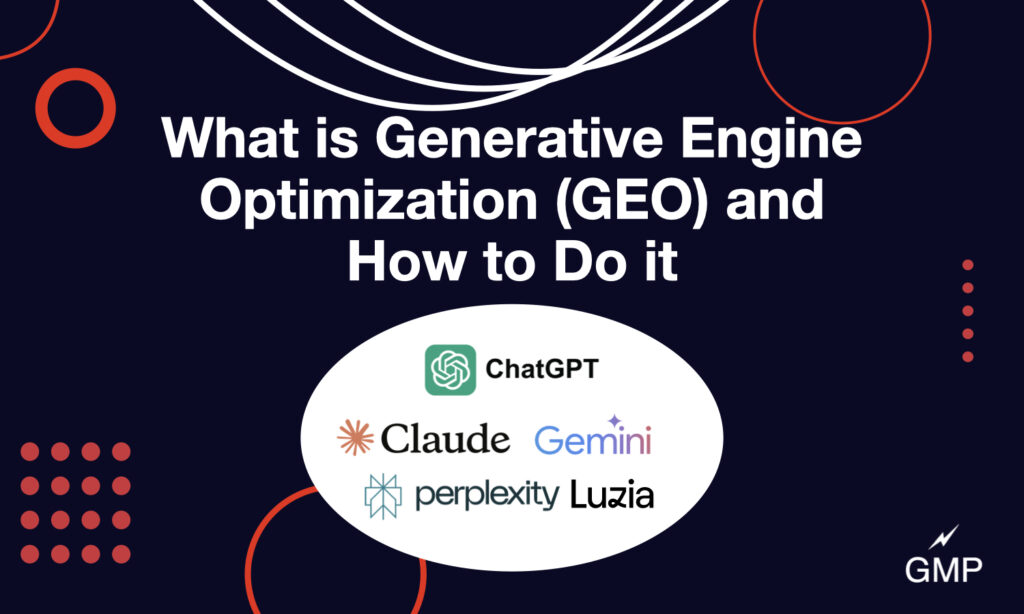


![How Marketers Are Using AI for Writing [Survey]](https://www.growandconvert.com/wp-content/uploads/2025/03/ai-for-writing-1024x682.jpg)

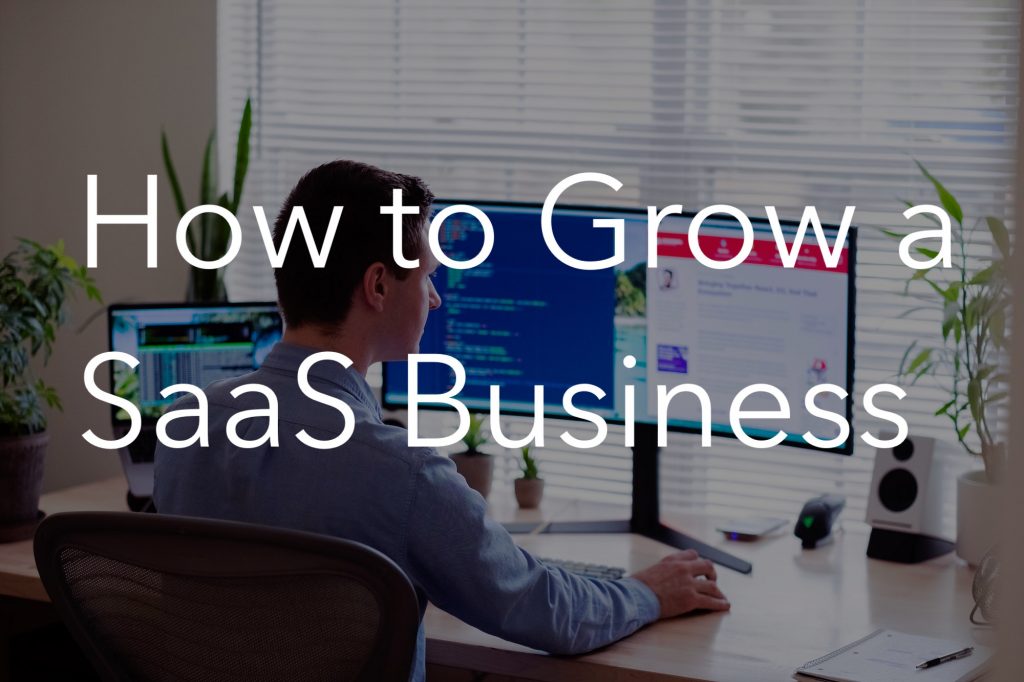
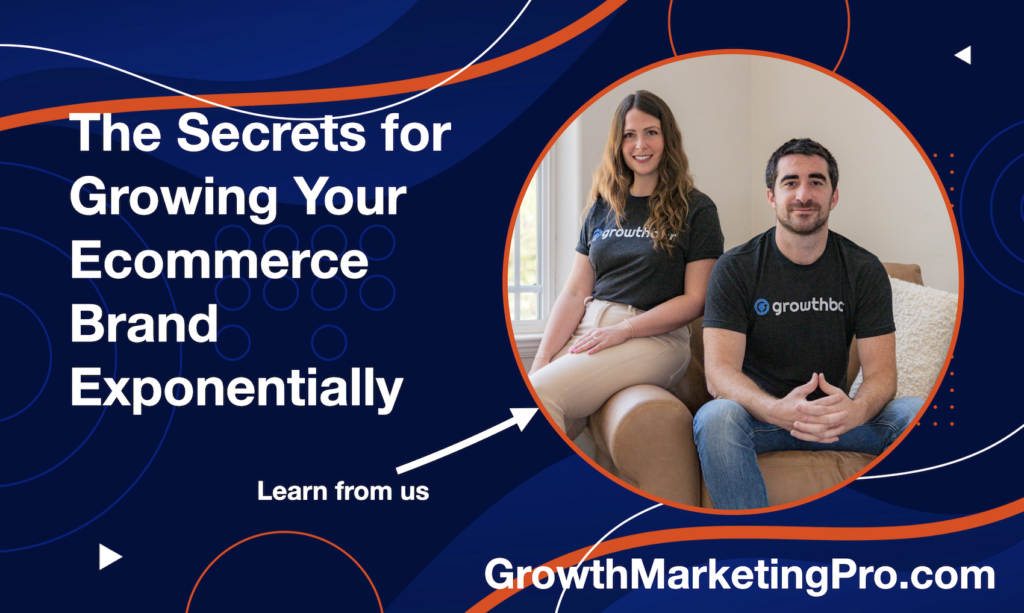

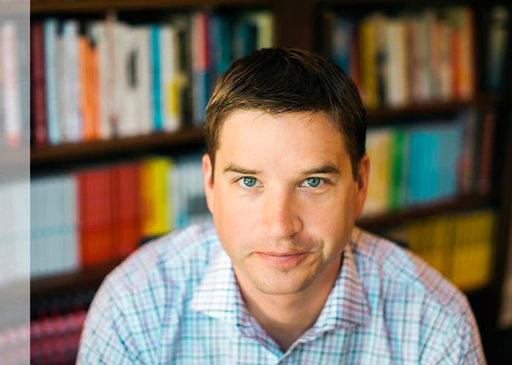











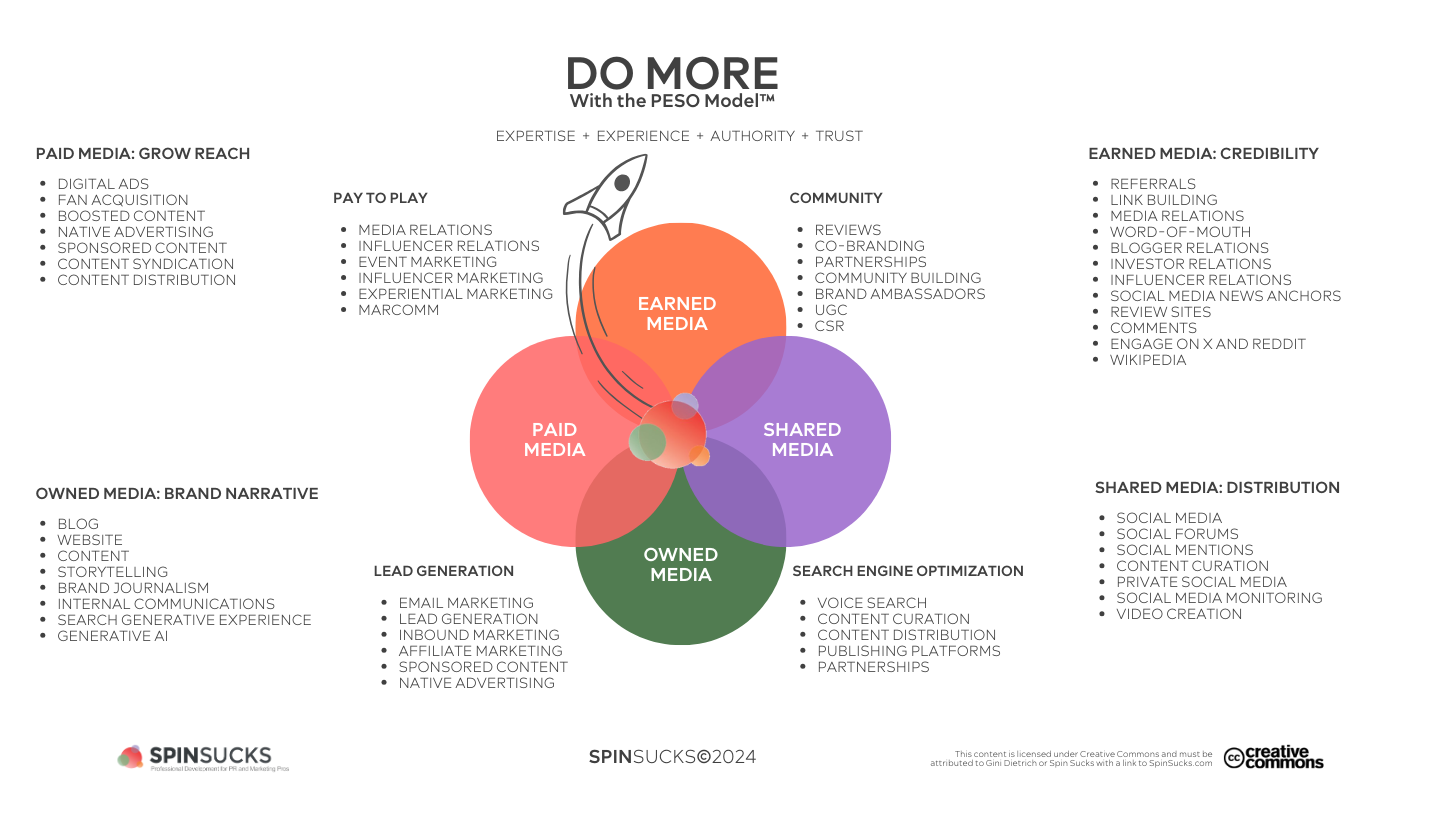
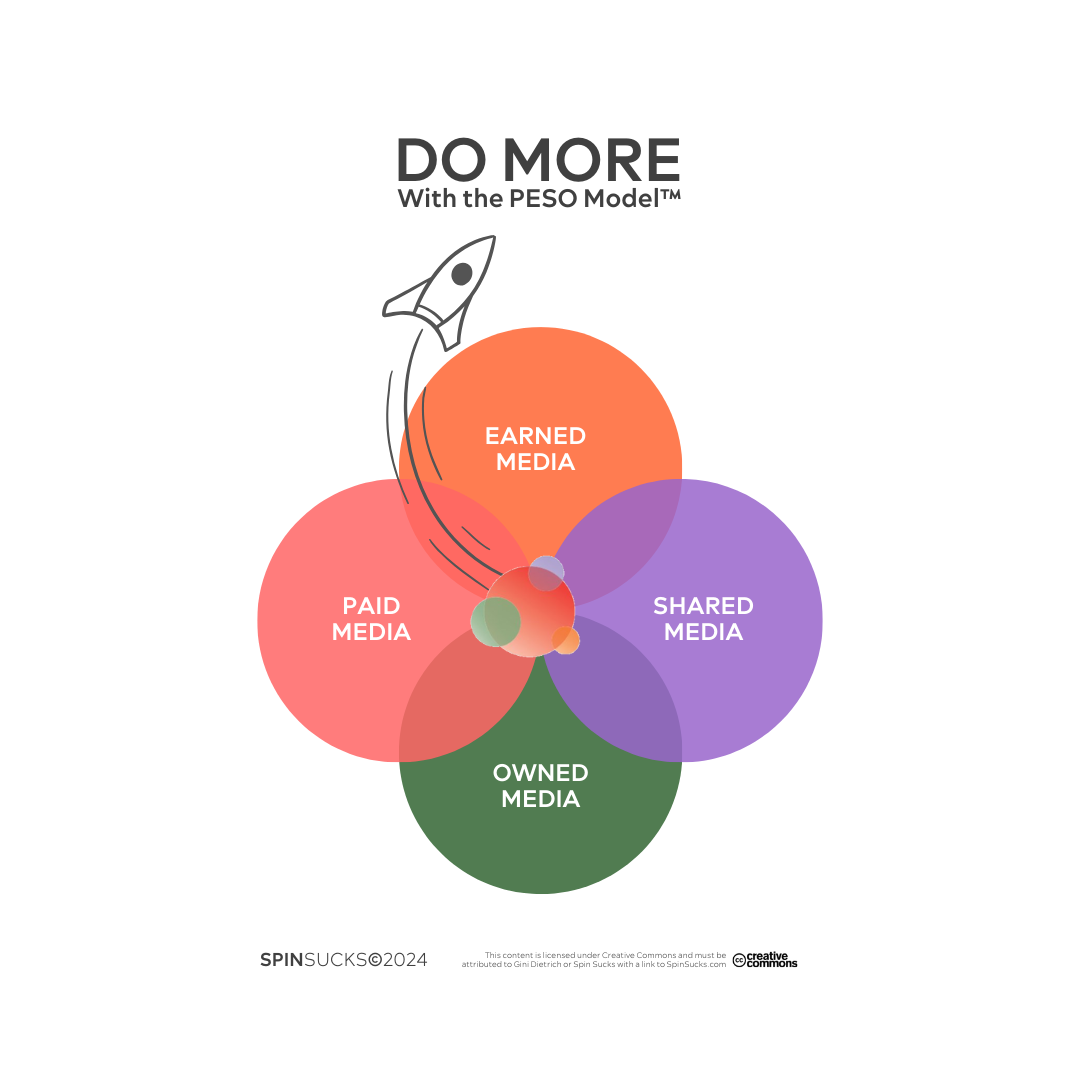







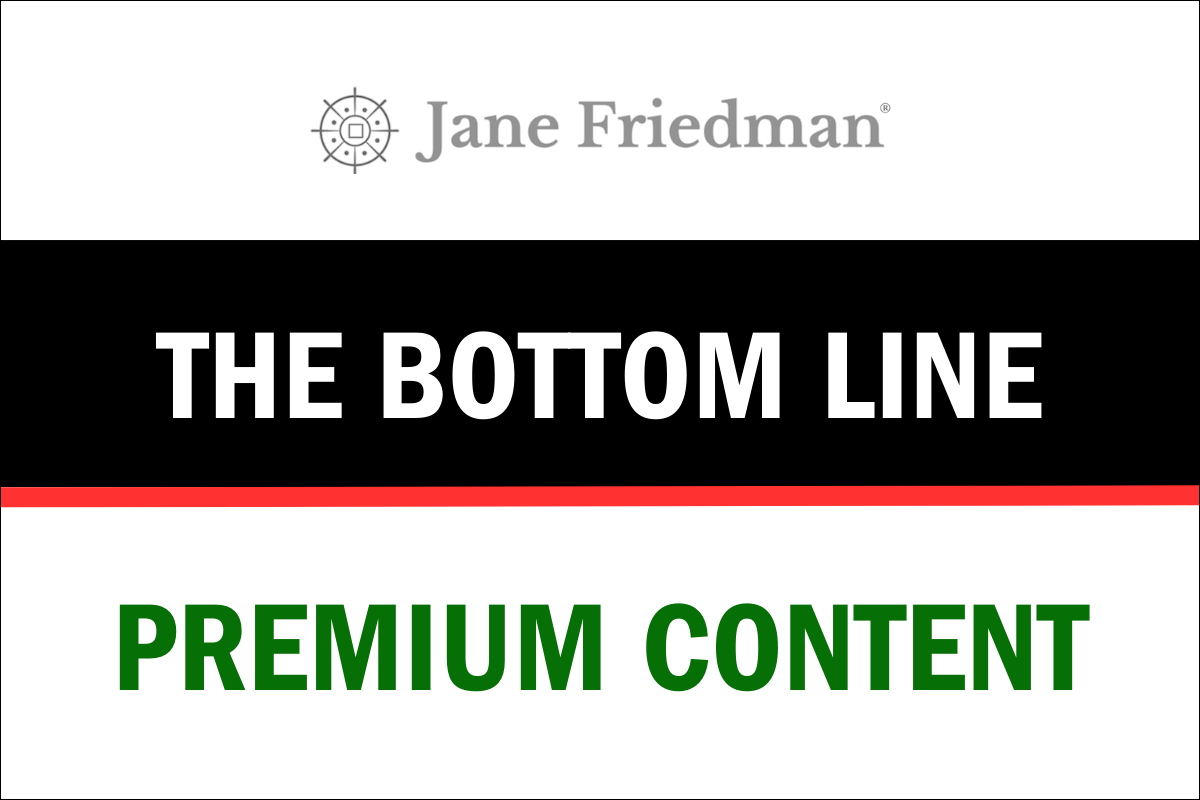











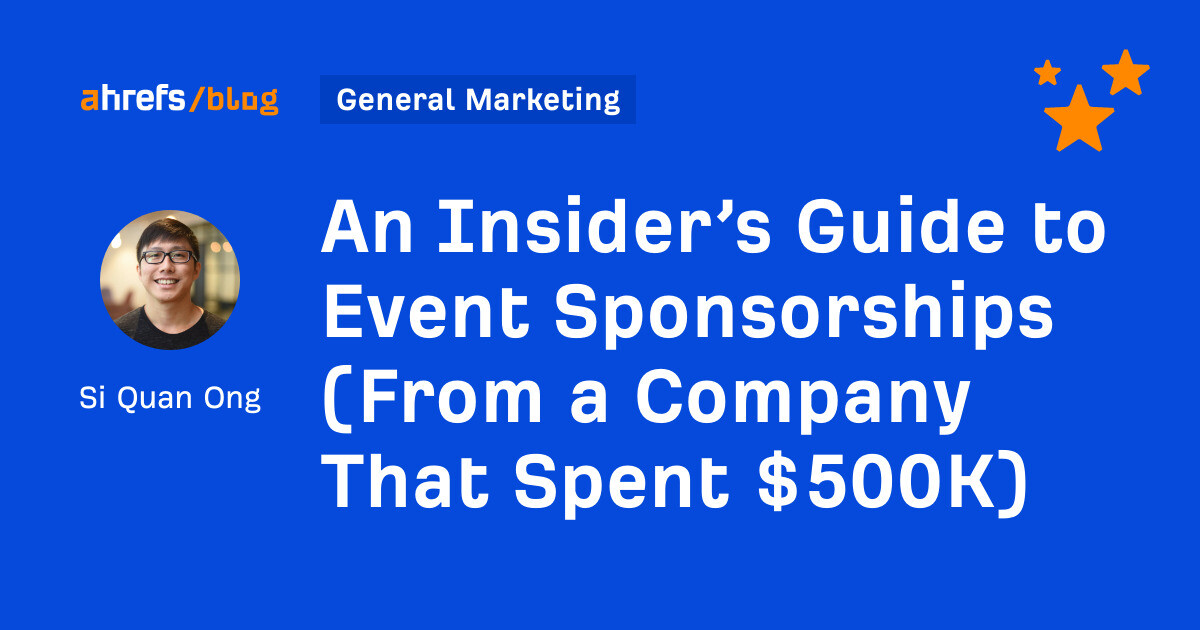


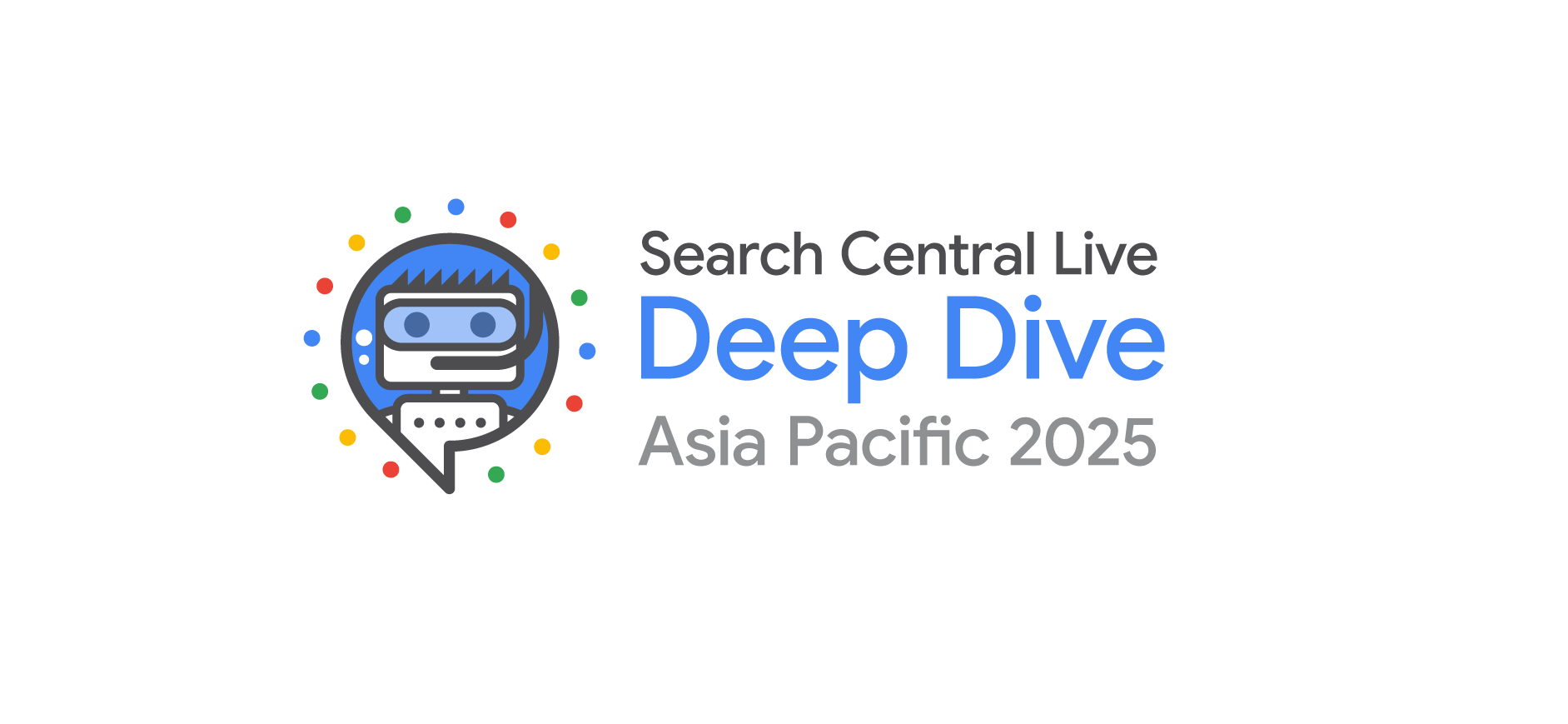



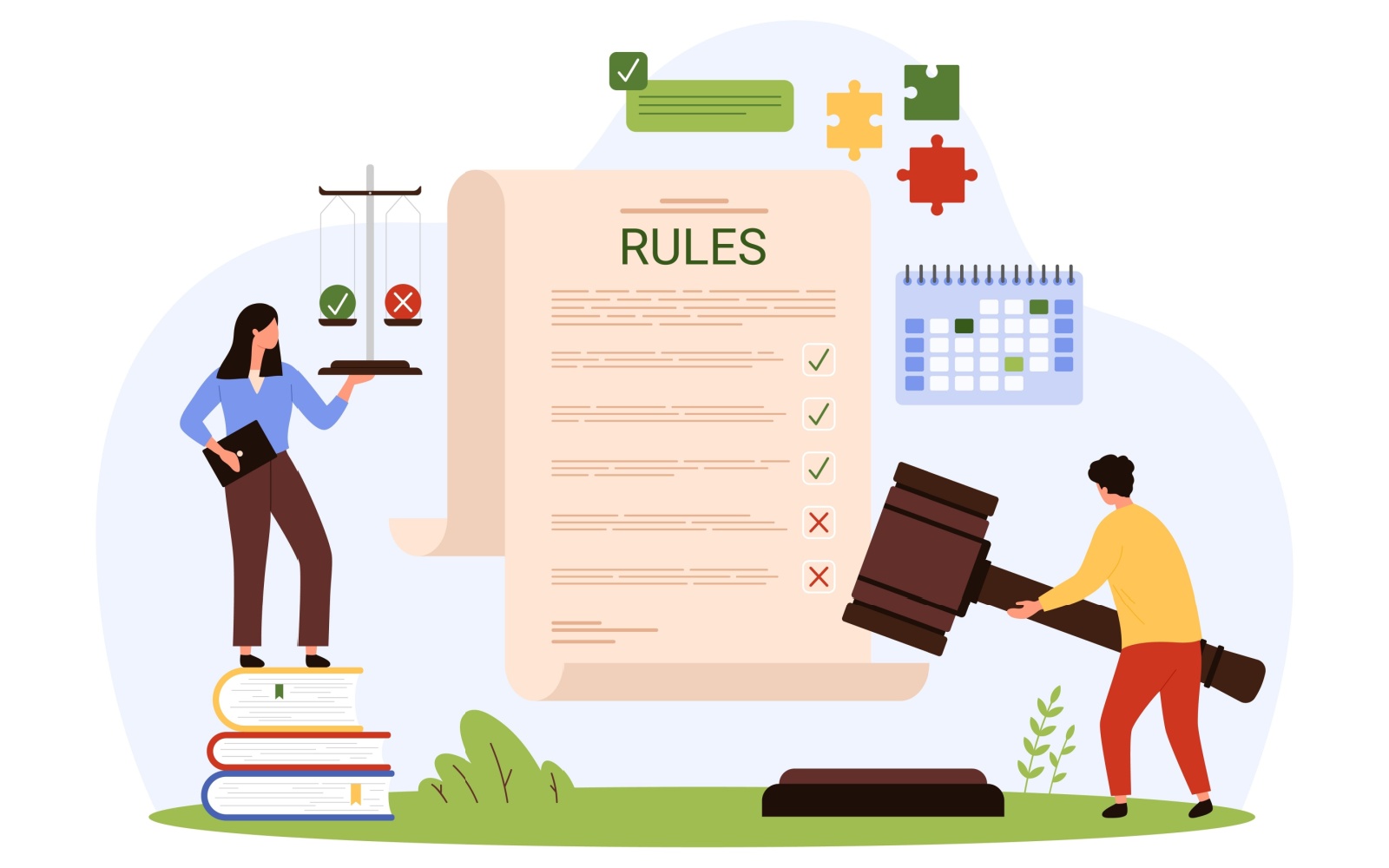
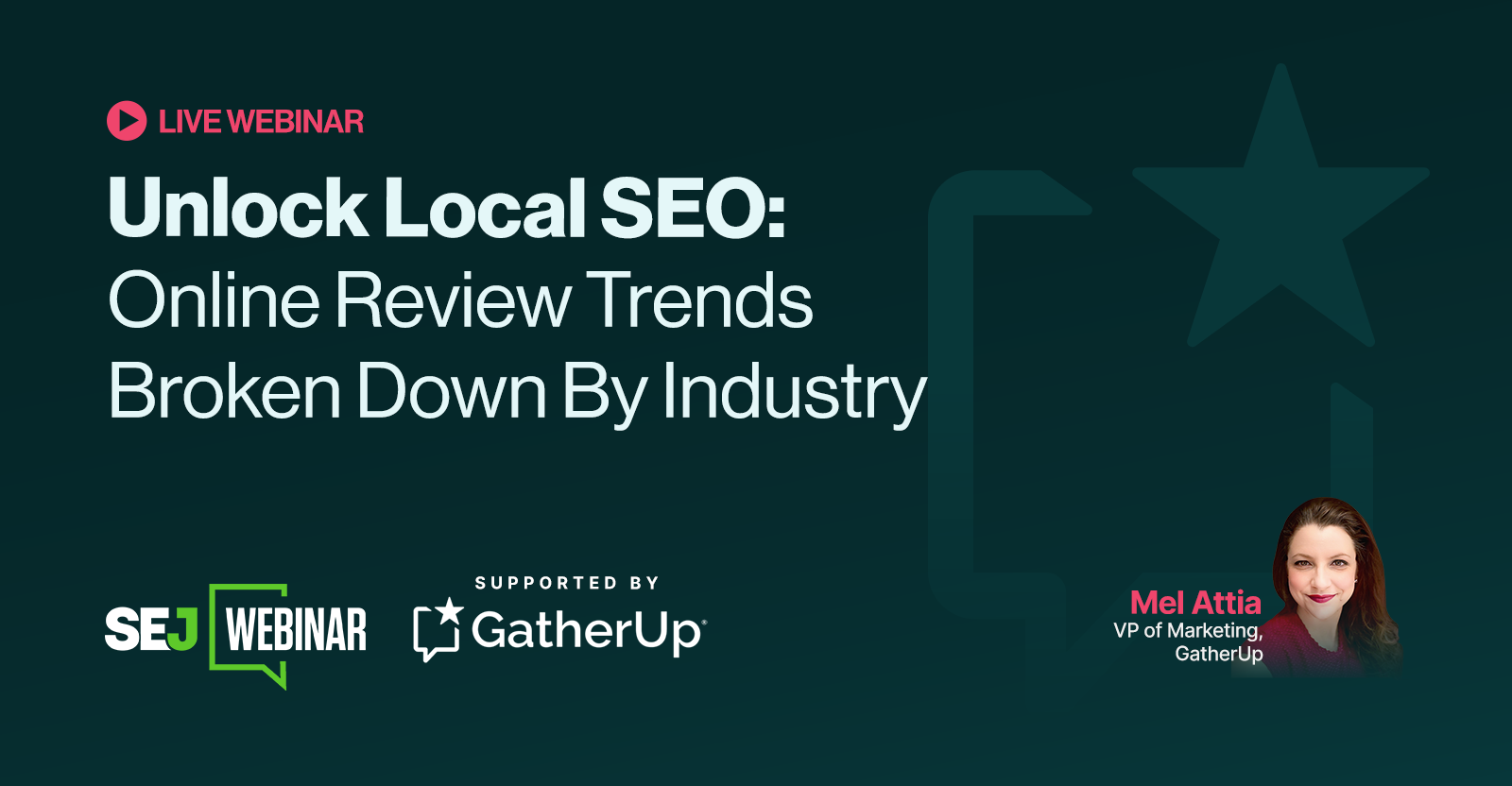




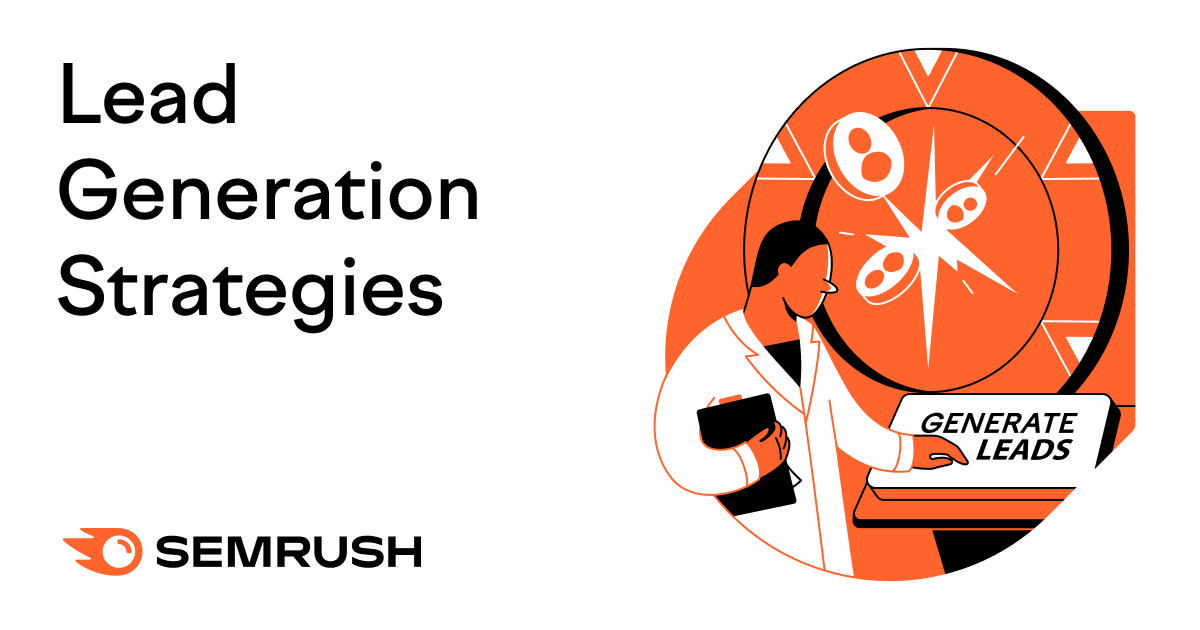
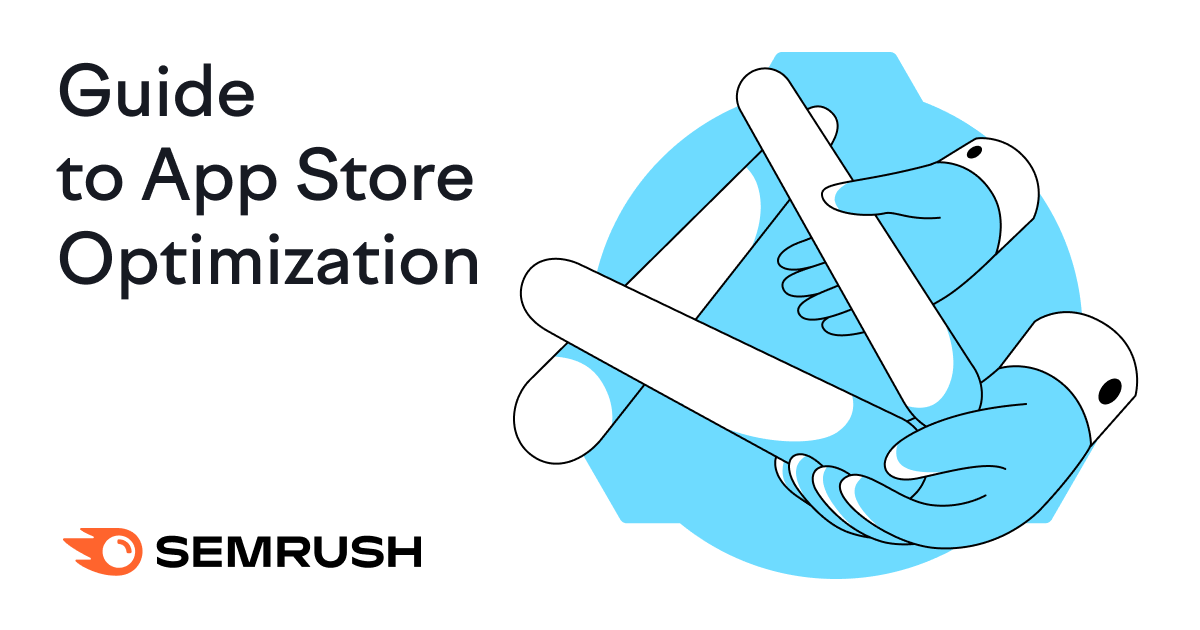
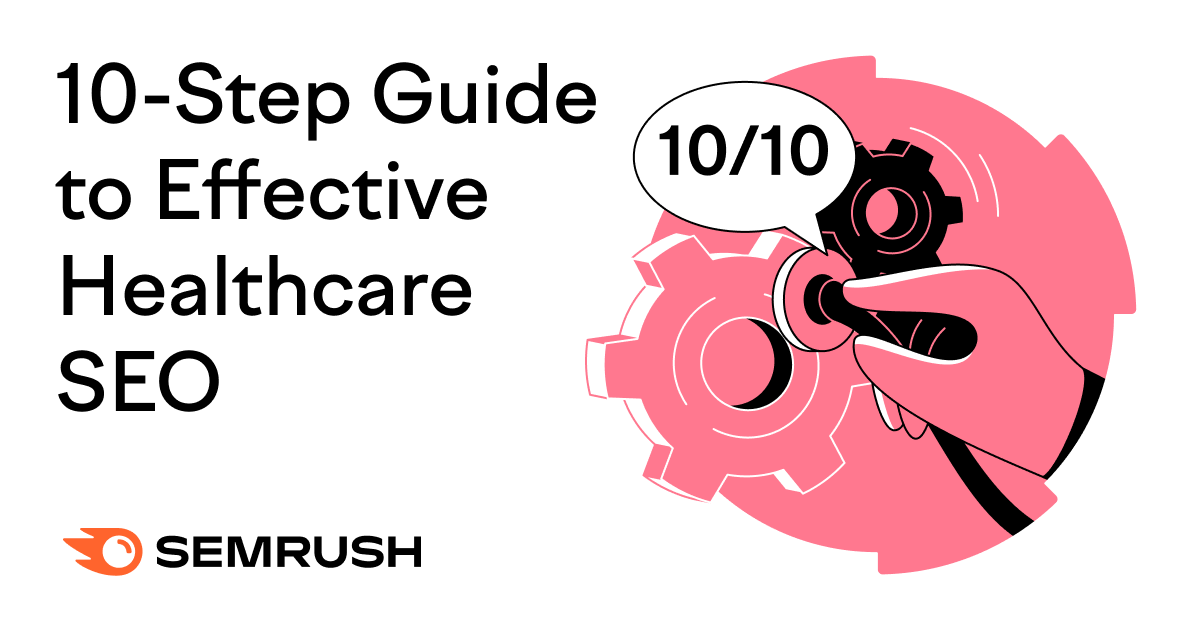
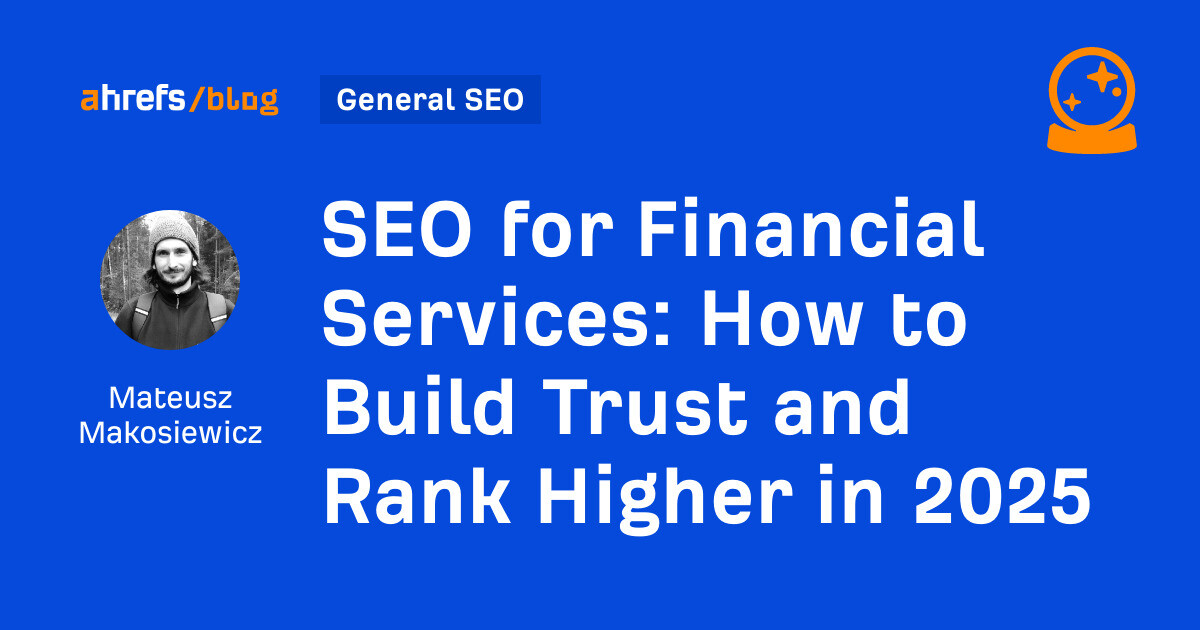
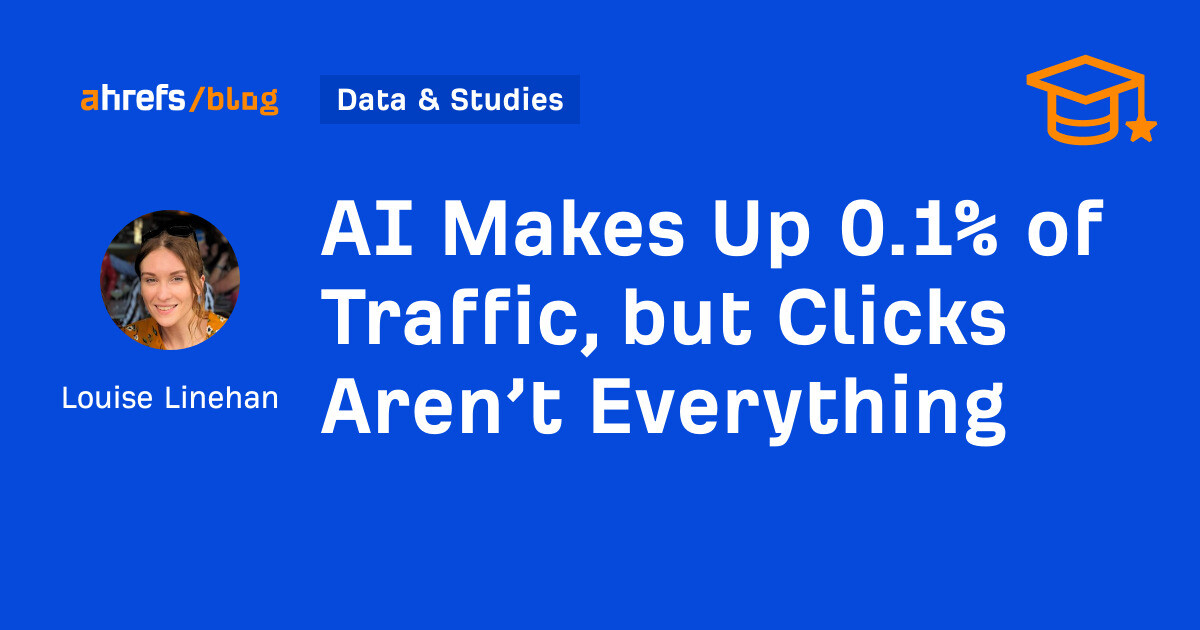
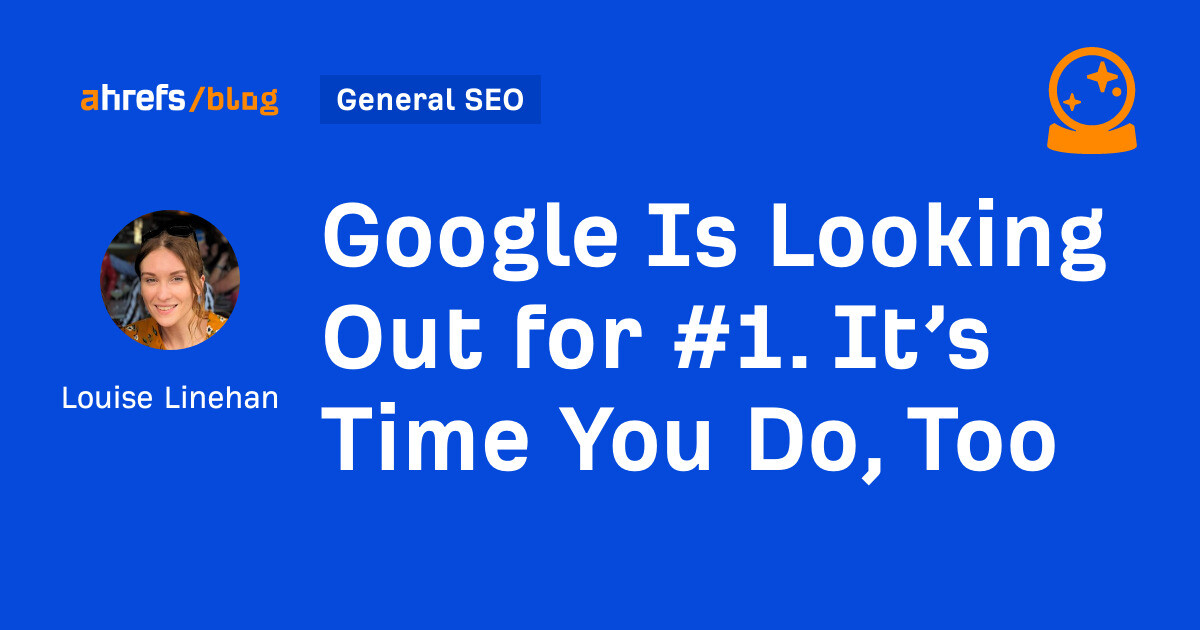
![How Meta Makes Its Money [Infographic]](https://imgproxy.divecdn.com/Kn_lAdtd3hjL-g3cebdKw3vQ_uTSMewIOId-plpm62o/g:ce/rs:fit:770:435/Z3M6Ly9kaXZlc2l0ZS1zdG9yYWdlL2RpdmVpbWFnZS9tZXRhX2Fkc18yLnBuZw==.webp)

![Here’s Why Integrated Marketing Is So Effective [+ Best Practices]](https://www.hubspot.com/hubfs/Untitled%20design%20%2830%29%20%281%29.jpg)
![How TikTok, Canva, & Other Top Marketing Teams Outperform the Rest [New Data]](https://www.hubspot.com/hubfs/Featured%20Image%20Template%20Backgrounds-1.png)










![311 Instagram caption ideas [plus free caption generator]](https://blog.hootsuite.com/wp-content/uploads/2022/07/instagram-captions-drive-engagement.png)

![How Conversion Funnels Create a Better Customer Journey [+ Tips to Optimize Yours]](https://www.hubspot.com/hubfs/Conversion%20Funnel.png)





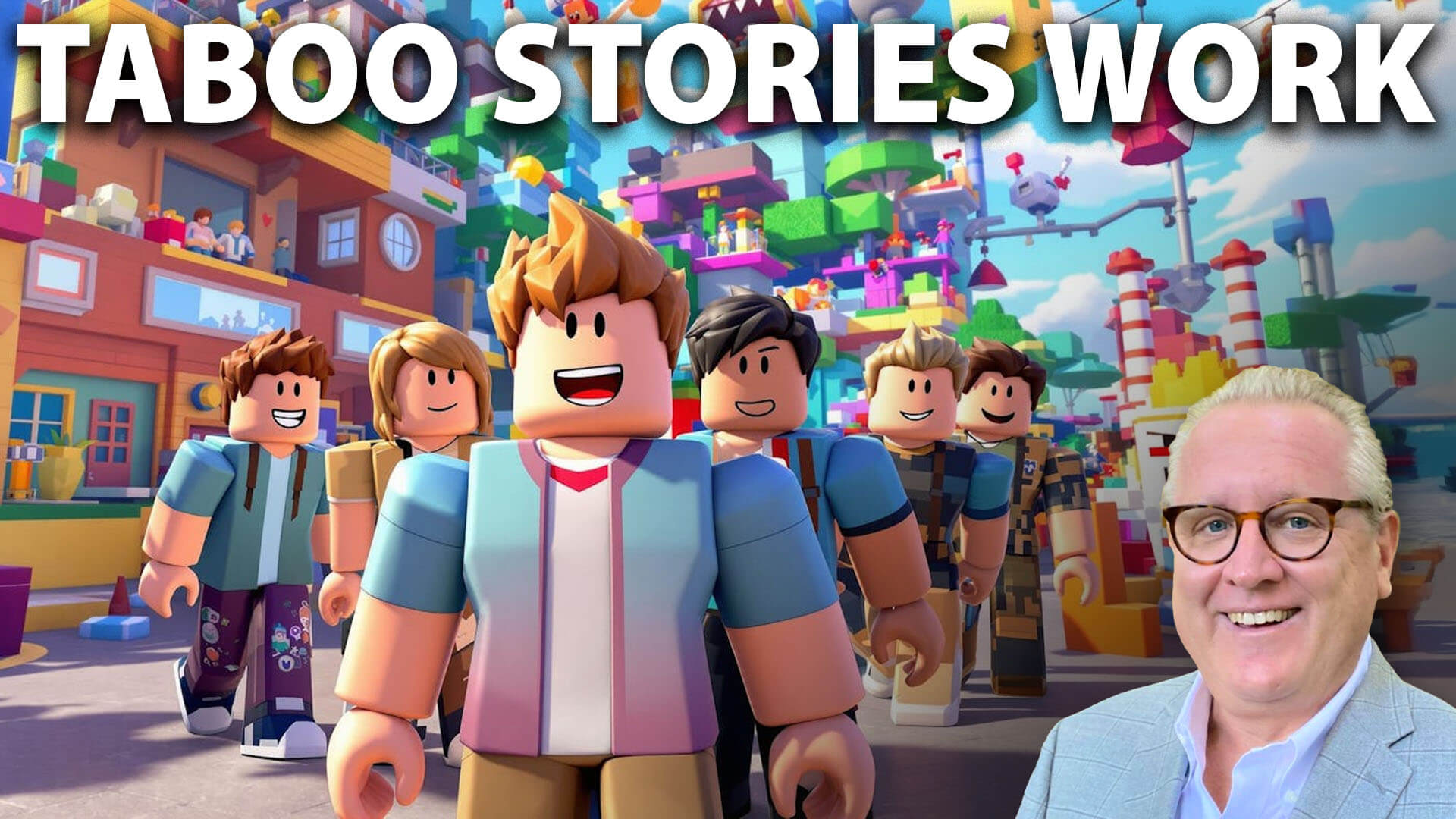

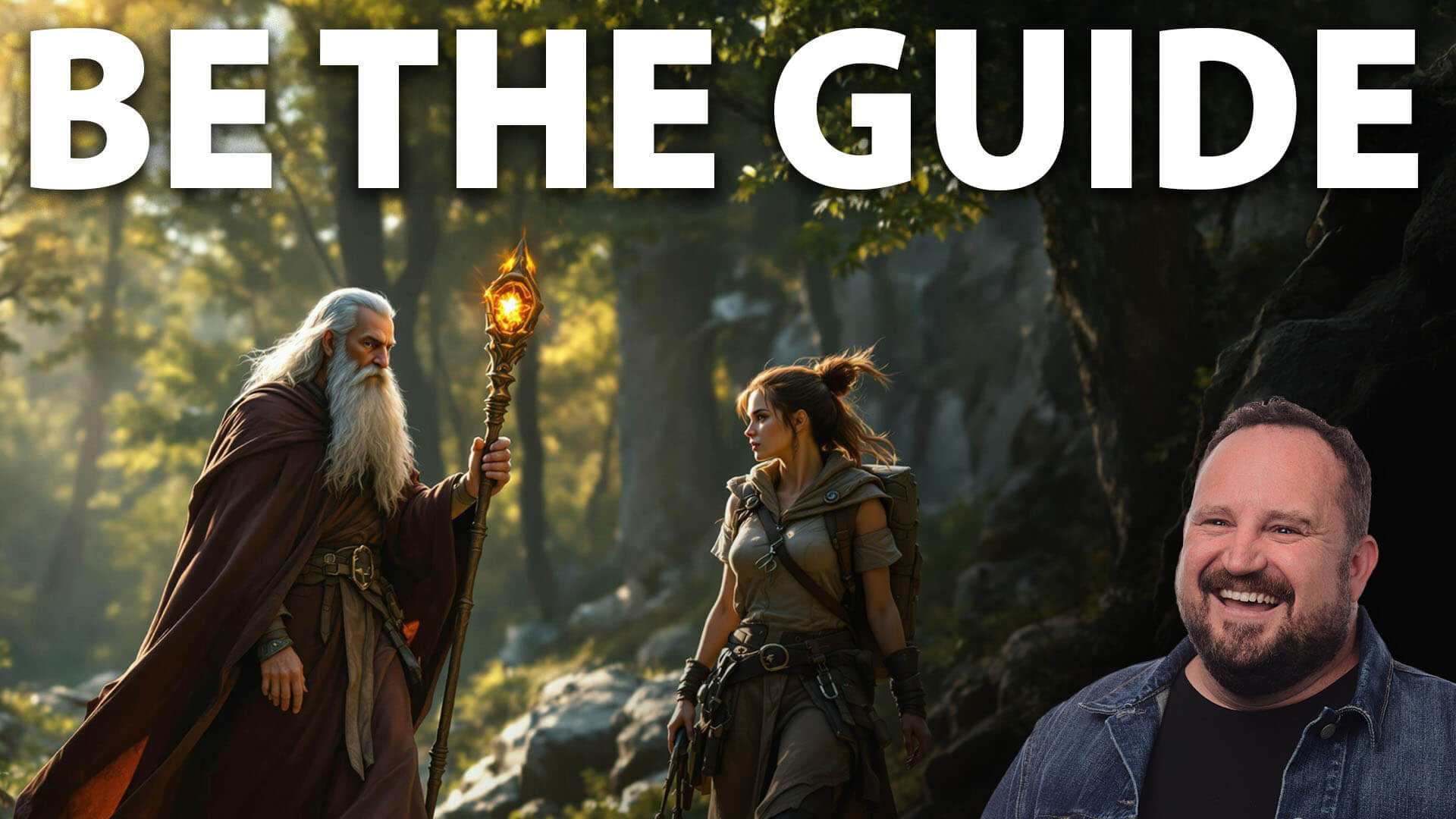




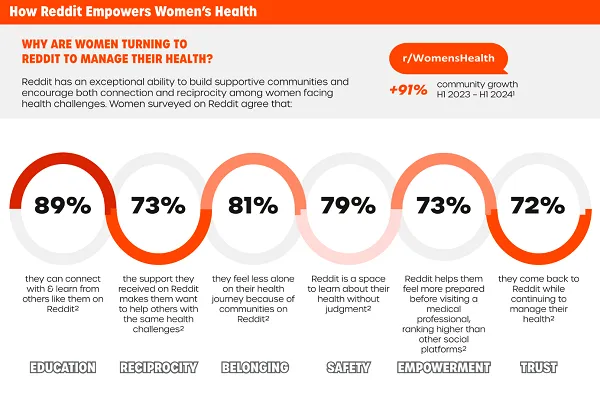
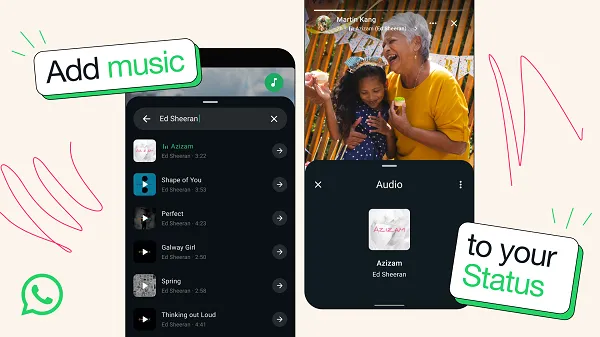
![Best times to post on Facebook in 2025 [Updated March 2025]](https://media.sproutsocial.com/uploads/2024/04/Best-times-to-post_2024_feat-img_fb.jpg)










